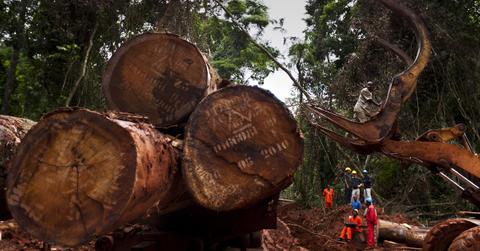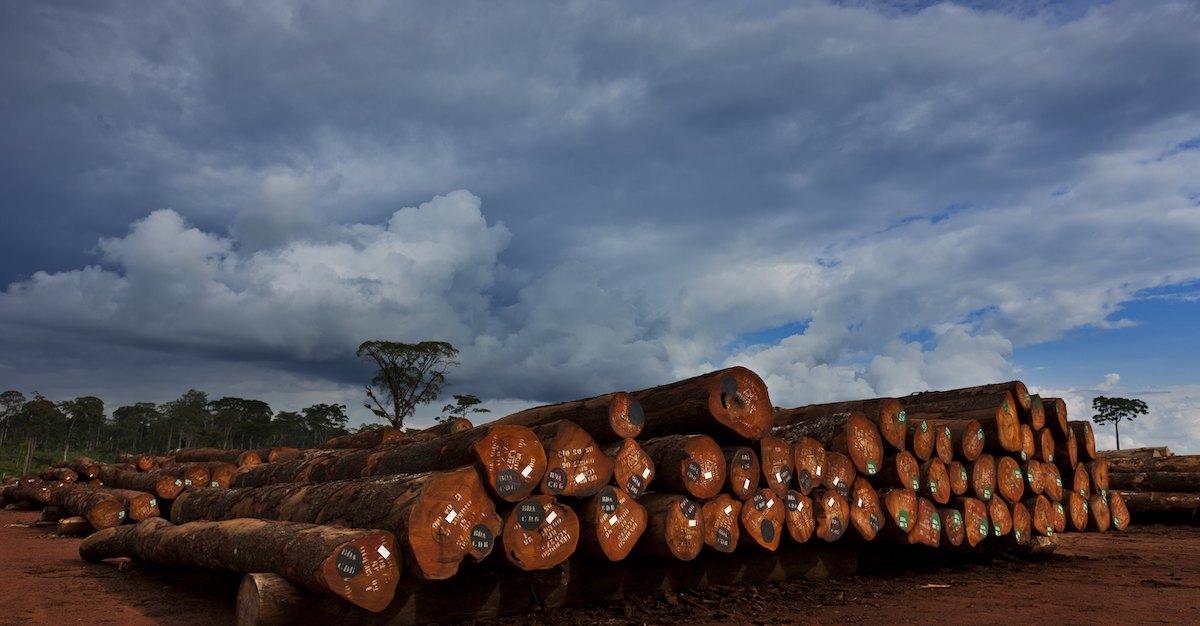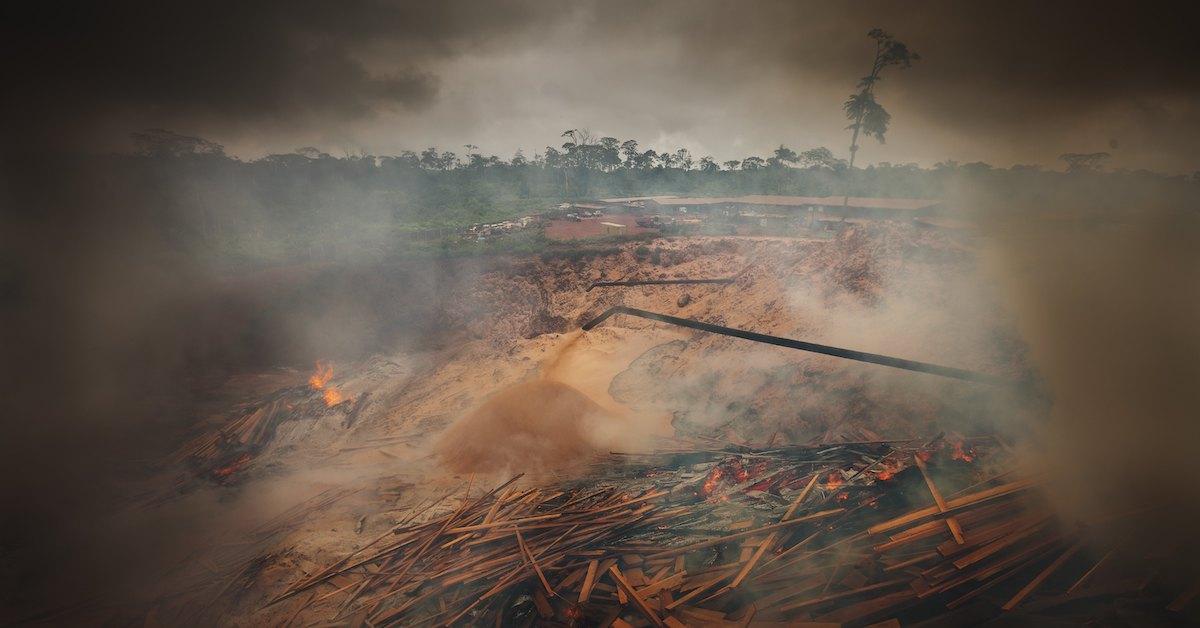The World’s Second Largest Rainforest, Located in the Congo, May Be In Serious Trouble
Published Sept. 30 2021, 11:36 a.m. ET

It's crucial to maintain our planet's rainforests — not only do they host a biodiverse range of plants and animals, but they also sequester large amounts of carbon dioxide. Unfortunately, though, many of our planet's rainforests are in serious danger, due to ongoing destructive human activities. For example, the world's second largest rainforest in the Democratic Republic of the Congo could face imminent deforestation, as the government is planning to lift a long-term logging ban.
"Given the size of the Congo Basin, [it] stores about 10 years of global carbon emissions equivalent, so if we lose the Congo Basin forests, if they go up into the atmosphere, then we lose the fight against climate change," Gabon's Minister of Water, Forests, the Sea, and Environment, Lee White, told Sky News. "These rainforests are helping to regulate the rainfall across Africa... they feed water into the Blue Nile."
He continued:
" ...the rainforest is the heart and lungs of Africa, and it is maintaining the stability of the African continent."

Why is the Democratic Republic of the Congo planning to lift its logging ban?
Plans to lift a longterm logging ban in the The Democratic Republic of the Congo are currently in the works, though environmentalists hope it's in the best interest of the rainforest. According to New Sky, the 2002 logging moratorium was instated to conserve 70 million hectares of rainforest. Supposedly, though, the government is lifting the ban to find $1 billion in funding for stronger forest protections, from the Central African Forest Initiative (CAFI) at COP26 in November.
Environment and Vice Prime Minister, Eve Bazaiba allegedly isn't approving any logging projects at the moment, to "solve" disagreements regarding issues regarding land management. Per National Geographic, she promises the moratorium, which was temporary from the beginning, will be replaced with more permanent and expansive conservation efforts.
“When I speak of removing the ban, people say, ‘It’s over, Congo will award concessions to whoever.’ It’s not true,” she told National Geographic.
The DRC plans to establish carbon tax and to increase communication between government agencies. However, environmentalists believe the DRC shouldn't lift the ban until a new, more permanent plan is found to protect the rainforest, as opening it to logging would be seriously devastating.
“The government keeps saying that the DRC will go to the COP26 as a ‘solution country’ to climate change, since the Congo stores so much carbon," Greenpeace Africa's Irène Wabiwa Betoko told National Geographic.
"Lifting the moratorium on new logging concessions is a direct contradiction of their stated intentions," she continued.

Logging will take a negative toll on the DRC population.
While some argue that logging will boost the DRC's economy, it's more likely to take a negative toll on its population. As per France24, logging actually helps dangerous armed forces advance throughout the region, giving them more opportunities to set up base camps. The effects of climate change — such as extreme heat, extreme storms, and rising water levels — also tend to negatively affect those in lower income areas.
Since much of the DRC faces extreme poverty, this will undeniably take a toll on communities nationwide.
Hopefully, the DRC makes the right decision ahead of COP26 — though it seems as though they may be banking on gaining funds to establish stricter rules. Only time will tell.